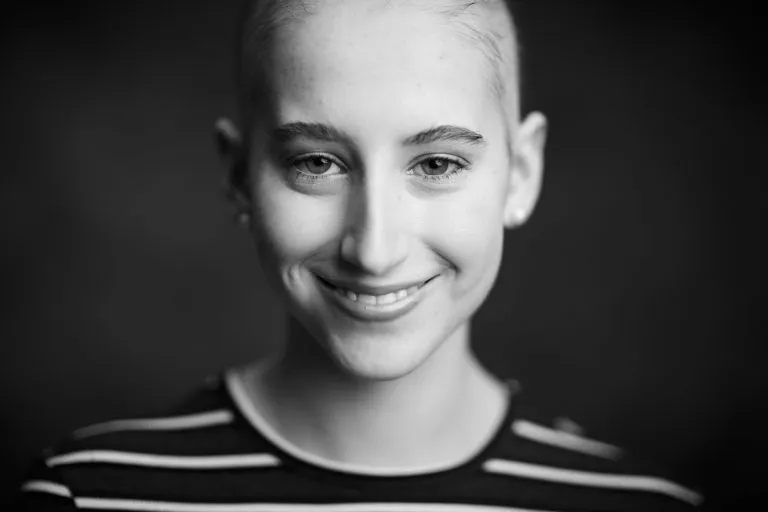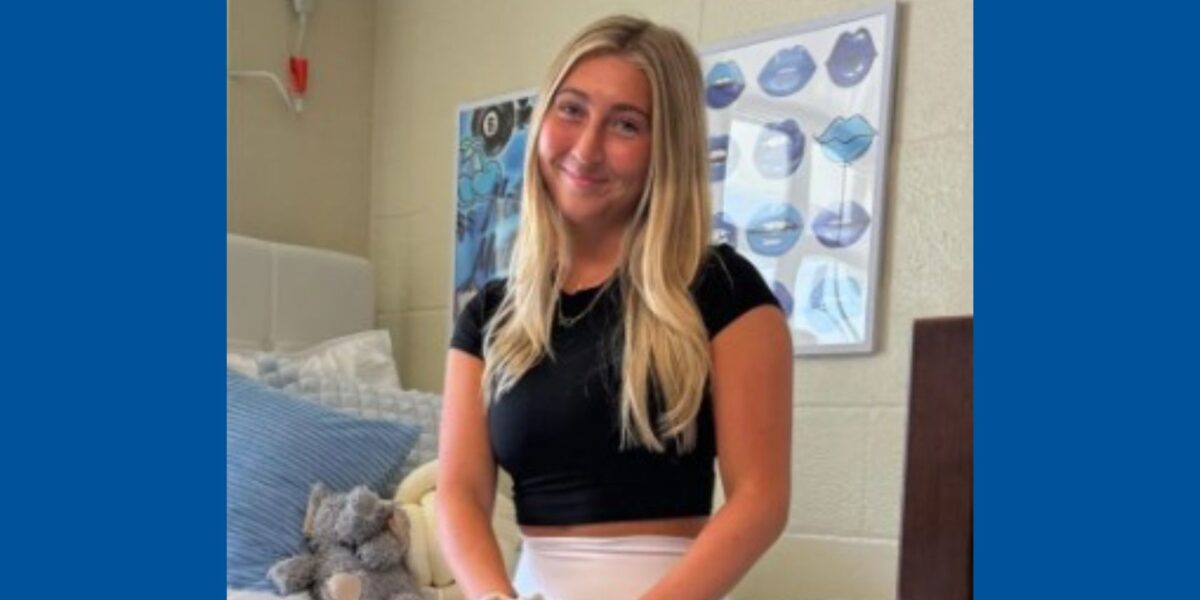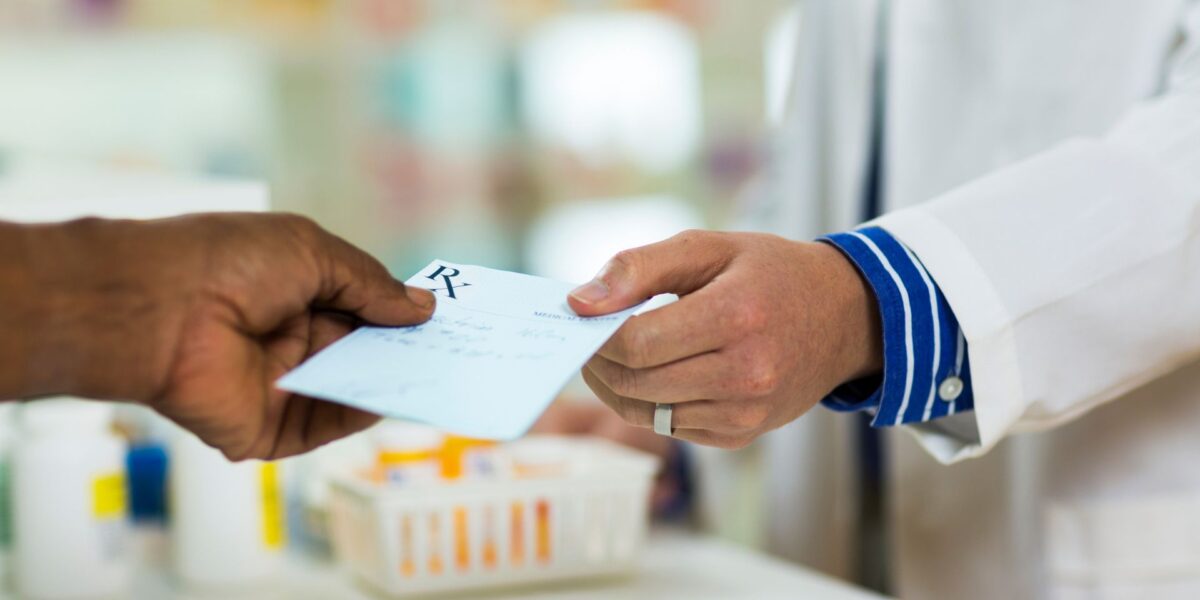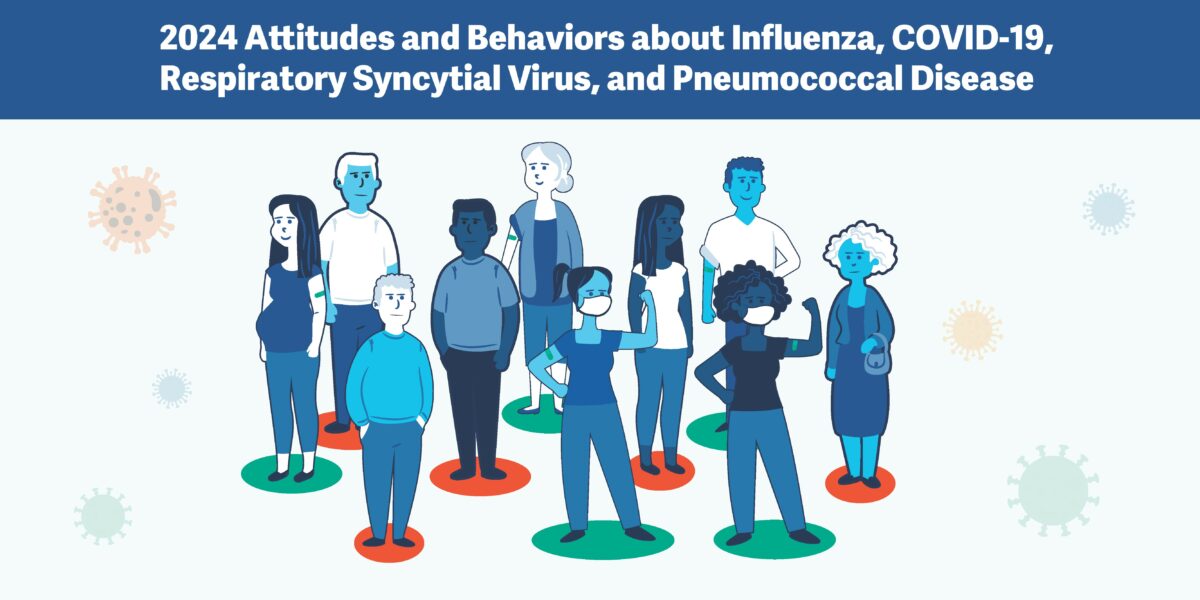
Nobody wants to put cancer patients in danger. But with the decline in vaccination rates, that is exactly what is happening. I know, because as I was going through the fight of my life against cancer, I was also fighting the fear of contracting preventable illnesses and diseases due to my weakened immune system, and the weakening of community immunity.
I was diagnosed with Hodgkin lymphoma during the winter of my freshman year of high school. Immediately after my diagnosis, I was told to start wearing a mask in public and to avoid crowds in order to avoid getting influenza (flu) in my immunocompromised state. Throughout my first few months of chemotherapy, even when I felt well enough to go to school, I would have to get updates from the school nurse about flu numbers at school before I could go in. I was frustrated, knowing that because many students had declined to get their flu vaccinations, I often had to miss school in order to stay safe.
During my sophomore year, the cancer returned, and I was told I would need to get an autologous stem cell transplant. As a result, I would be immunocompromised for months after the transplant, my immunity against the diseases I had received vaccines against would be eliminated, I would not be able to receive most vaccines until a year after the transplant, and I could not receive live vaccines for two years after it.
Going into my transplant in February 2018, I was scared most of all of contracting the flu, which could be deadly in my condition. Flu numbers were high once again, and I found myself frustrated with people who had chosen not to get vaccinated, putting not only themselves, but also people like me, at risk. I made it through my transplant and that flu season safely, but I was still at risk.
I watched with horror as measles outbreaks began to pop up in different parts of the country, knowing that I was vulnerable to the virus. As a result of these outbreaks, I was unable to go on my junior and senior year orchestra trips, which was deeply disappointing because I had already missed the freshman and sophomore year trips due to cancer. Even more upsetting was the knowledge that immunocompromised people like me were once again at risk because of declining vaccination rates.
I am happy to report today that I have made it through two years post-transplant and am now fully vaccinated. Though the COVID-19 crisis seemed like it might interfere with my re-vaccination schedule, I was able to receive the vaccinations safely. I would urge everyone to continue getting your scheduled vaccines even during the pandemic. Healthcare professionals are taking proper precautions to ensure your safety when you go in to get vaccinated, and your vaccinations are not only important for your health, but for the public health of our country and the health of people who can’t get vaccinations. It is more important now than ever before to keep up the rates of vaccinations—the last thing we need during our current crisis is a measles or flu outbreak.
Each of us can play a part in promoting community immunity and protecting the most vulnerable members of our society, including cancer patients. Thank you for doing your part.
Share Your Story
Please share your story to help others understand more about the impact of vaccine-preventable diseases, drug-resistant infections, and other infectious diseases
Related Resources

Kaitlyn’s Story (Flu)
Kaitlyn was a student at the University of Florida in Gainesville when she nearly died from flu

What Is an Antiviral?
Overview of antivirals—what they are, how they work, and what diseases they help treat

2024 National Survey: Attitudes and Behaviors about Influenza, COVID-19, Respiratory Syncytial Virus, and Pneumococcal Disease
2024 national survey on flu, RSV, COVID-19, and pneumococcal disease
